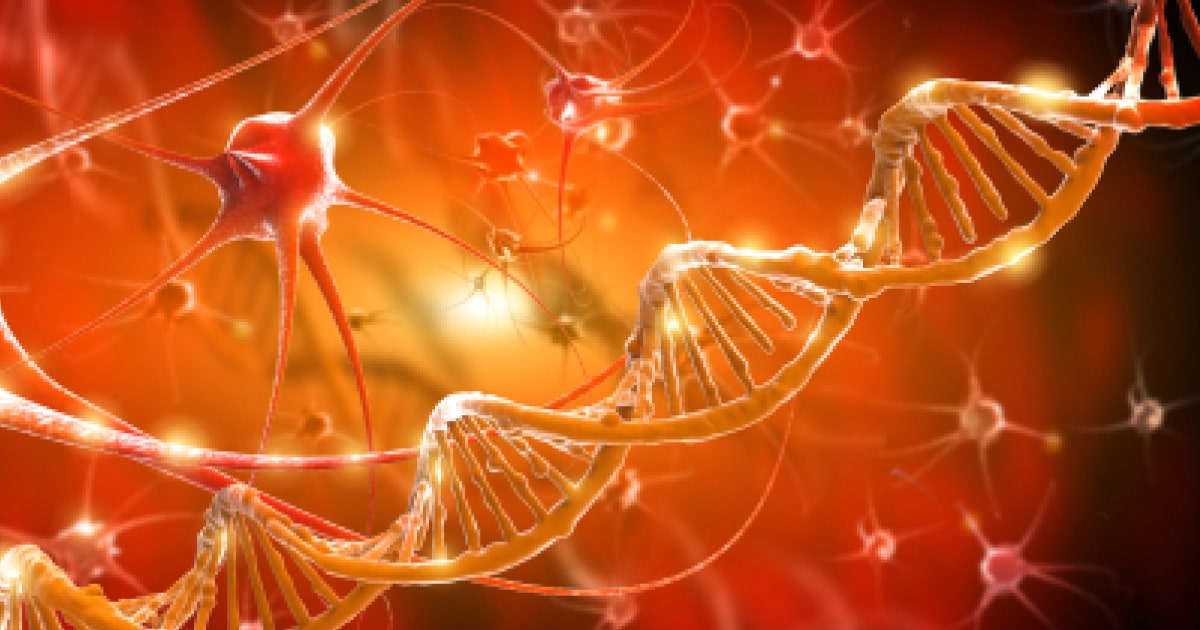
Expert Reviewed By: Dr. Brandon Colby MD
Selective tooth agenesis (STA) is a dental condition characterized by the absence of one or more teeth due to a failure in tooth development. This condition can have a significant impact on an individual's oral health, appearance, and self-esteem. In recent years, advances in genetic research have shed light on the underlying causes of STA and opened up new possibilities for diagnosis and treatment. This article explores the current understanding of selective tooth agenesis, methods of diagnosis, and the role of genetic testing in managing this condition.
Understanding Selective Tooth Agenesis
Selective tooth agenesis affects both primary (baby) and permanent (adult) teeth and may involve any tooth in the mouth, although certain teeth, such as the second premolars and upper lateral incisors, are more commonly affected. The condition can occur in isolation or as part of a broader genetic syndrome, such as ectodermal dysplasia or benign hereditary chorea. The exact cause of STA is not fully understood, but research has identified several genes and genetic mutations associated with the condition, including MSX1, PAX9, and EDA13.
Diagnosing Selective Tooth Agenesis
The diagnosis of selective tooth agenesis typically begins with a thorough dental examination, including a review of the patient's medical and family history. Dental X-rays are often used to confirm the absence of teeth and to assess the development of any remaining teeth. In cases where a genetic syndrome is suspected, additional tests, such as blood tests or genetic testing, may be necessary to confirm the diagnosis.
Genetic Testing for Selective Tooth Agenesis
Genetic testing can play a vital role in the diagnosis and management of selective tooth agenesis. By identifying the specific gene or genetic mutation responsible for the condition, healthcare providers can gain valuable insights into the underlying cause, guide treatment decisions, and provide more accurate genetic counseling to affected individuals and their families.
Uses of Genetic Testing
There are several ways in which genetic testing can be helpful for individuals with selective tooth agenesis, including:
- Confirming the diagnosis: Genetic testing can help confirm the presence of a genetic mutation associated with STA, providing a more definitive diagnosis and eliminating the need for further testing.
- Guiding treatment decisions: By identifying the specific gene or genetic mutation involved, healthcare providers can tailor treatment plans to address the unique needs of each patient. For example, early interceptive treatment, extraction, or alignment in transposed locations may be considered for managing transposed teeth2.
- Genetic counseling: Genetic testing can provide valuable information for individuals with STA and their families, helping them understand the genetic basis of the condition, the likelihood of passing it on to future generations, and potential treatment options.
- Identifying at-risk family members: In cases where a genetic mutation is identified, testing can be offered to other family members to determine if they are also at risk for developing STA.
Genetic Testing in Action: A Case Study
A recent case study published in 2023 highlights the value of genetic testing in diagnosing and managing selective tooth agenesis. The article describes a teenager with benign hereditary chorea and selective tooth agenesis type 3, a rare genetic condition4. By identifying the specific genetic mutation responsible for the condition, healthcare providers were able to confirm the diagnosis, provide appropriate genetic counseling, and develop a tailored treatment plan to address the patient's unique needs.
Conclusion
Selective tooth agenesis is a complex dental condition with significant implications for an individual's oral health and overall well-being. Advances in genetic research have greatly improved our understanding of the underlying causes of STA, allowing for more accurate diagnosis and targeted treatment options. Genetic testing is a valuable tool in the management of STA, providing insights into the genetic basis of the condition, guiding treatment decisions, and offering support and information to affected individuals and their families.
About The Expert Reviewer
Dr. Brandon Colby MD is a US physician specializing in the personalized prevention of disease through the use of genomic technologies. He’s an expert in genetic testing, genetic analysis, and precision medicine. Dr. Colby is also the Founder of and the author of Outsmart Your Genes.
Dr. Colby holds an MD from the Mount Sinai School of Medicine, an MBA from Stanford University’s Graduate School of Business, and a degree in Genetics with Honors from the University of Michigan. He is an Affiliate Specialist of the American College of Medical Genetics and Genomics (ACMG), an Associate of the American College of Preventive Medicine (ACPM), and a member of the National Society of Genetic Counselors (NSGC)